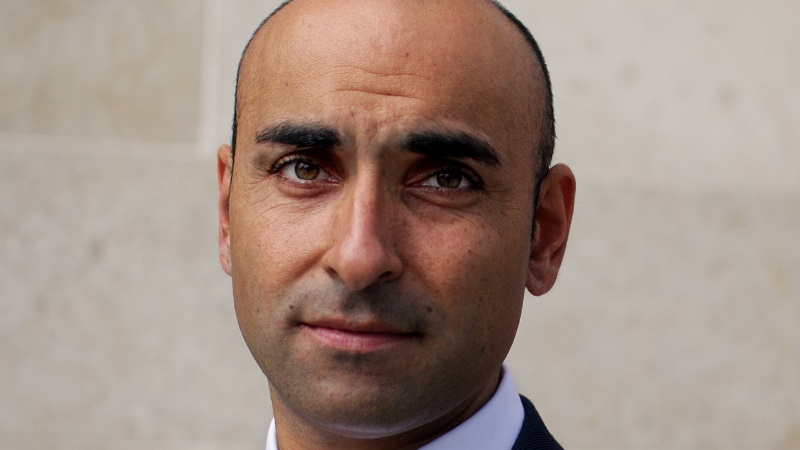UK inflation has unexpectedly dipped back down in September, amid the rumblings of the supply chain crisis, pouring cold water on the prospect of a November rate hike.
Last month the consumer price index (CPI) eased to 3.1% year-on-year after leaping 1.2 percentage points to 3.2% in August.
The Office for National Statistics said the headline inflation rate was lower in part because the effects of last year’s Eat Out to Help Out scheme dropped out of the annual calculation.
Restaurants and hotels accounted for the largest downward contribution at 0.34%, down from 0.65% in August. This was partially offset by rising petrol prices, which soared to an eight-year high toward the end of the month, as well as the higher costs for household goods, food and drink, secondhand cars and air travel.
September inflation data ‘paints a picture of a bygone era’
While inflation rates steadied in September, Close Brothers Asset Management CIO Robert Alster said “in true post-pandemic style this already paints a picture of a bygone era”.
“October has brought spiralling energy prices, significant supply shocks, and creeping wages. All of these mean the likelihood of inflation climbing, however temporarily, is high,” he said.
The Bank of England has previously forecast inflation will rise slightly above 4% by the end of the year, fuelled by rising energy costs, before falling back down as the economy recovers from Covid.
Volatile readings
The market had been pencilling in an interest rate hike in November but AJ Bell head of investment analysis Laith Khalaf (pictured) thinks the latest inflation data is likely to “pour cold water on the case for immediately tighter monetary policy”.
“The surprise fall in inflation shows how volatile readings can be over short periods and serves as a warning not to count too many inflationary genies before they are hatched,” said Khalaf.
“This is particularly pertinent at the moment given the extraordinary levels of disruption caused by the pandemic, which have distorted prices, in both directions, in the last eighteen months.”
This is not 1970’s style inflation
Khalaf added that parallels between the current inflationary environment and the 1970’s, when inflation was above 10% for over four years, are “somewhat premature” considering CPI inflation has now been at or slightly above the Bank of England’s 2% target for just five months.
“Granted price rises can still be uncomfortable, but we haven’t yet really tested the Bank of England’s judgment that price rises are temporary, which makes the recent shift to more hawkish rhetoric surprising,” Khalaf continued.
“It could be that in the last month, the Bank has identified new data that seriously undermine the case for price rises being transitory, and tighter monetary policy is imminent. But we shouldn’t rule out the possibility than in the cold light of day, the interest rate committee decides it needs more time to assess the economic situation before raising interest rates, particularly given the peculiar circumstances created by the pandemic.”
Is the ‘unreliable boyfriend’ about to worsen a winter of discontent?
M&G Inflation Linked Bond manager Ben Lord believes hiking interest rates now could “worsen a winter of discontent”.
UK policy rates are unlikely to have any affect on energy or commodity prices, meaning any hikes in 2021 and 2022 will only be partially effective in bringing down bond market expectations, he said. On top of this, it appears most of today’s elevated inflation is being driven by temporary forces.
“Given present downside forces on the UK economy and consumer, a hike now may be counterproductive in the longer term. Is the ‘unreliable boyfriend’ about to worsen a winter of discontent?”
Janus Henderson multi-asset manager Oliver Blackbourn said gilt markets seemed “a little relieved” following September’s CPI data but added short-term gilt yields remain volatile as the next MPC meeting is just two weeks away.
If interest rates were to reach 0.5% by the end of the year, “the Bank of England could stop reinvesting redemptions in its portfolio of gilts in 2023, putting further upward pressure on UK yields”.
“However markets are now indicating interest rate cuts from the third quarter of 2023, suggesting that investors think the Bank of England risks a policy mistake,” Blackbourn said.
“With significant fiscal tightening expected as the chancellor tries to rein in spending after the fiscal splurge in response to the pandemic, investors are clearly worried about the Bank rolling the economy over.”










